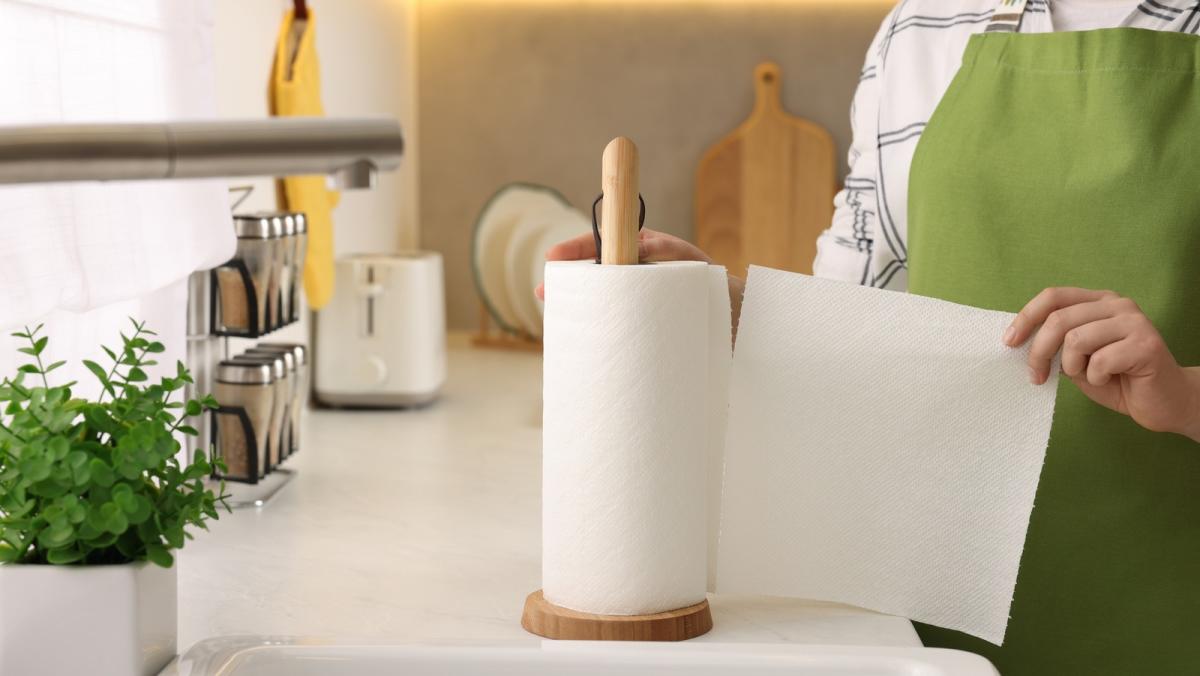
Luxury in interiors is often defined by how a space looks and feels on a day-to-day basis. Smooth furniture surfaces, consistent finishes, and well-matched colors shape first impressions. People may not notice each element individually, but together they create a sense of quality and comfort. Decorative laminates play a key role in this process. They help designers and manufacturers create refined interiors that look premium, remain durable, and perform well in homes and professional spaces.
How decorative laminates elevate everyday surfaces
Decorative laminates add luxury by improving surface appearance in a controlled, reliable way. Natural materials can look rough or change over time. Laminates offer finishes that stay constant across furniture, wall panels, and storage units.
Consistent finishes create a premium visual appeal
Wood grains, solid colors, and textured designs appear uniform, allowing interiors feel planned and balanced. This consistency is especially useful in offices, where workstations, meeting tables, and cabinets are made in large numbers and must visually match.
Refined surface detailing adds depth to interiors
Another way decorative laminates enhance luxury is through subtle surface detailing. Modern laminates are created to look clean and well-finished, with surfaces that add depth without appearing heavy. These details make desks, wardrobes, and panels feel finer to the touch and easier to use. Decorative craft paper plays an essential role here by carrying the printed design and ensuring patterns remain sharp and evenly spread across the surface.
Durable surfaces support long-term quality
Luxury is also about how well an interior holds up over time. Decorative laminates are engineered to withstand scratches, stains, and moisture, helping surfaces maintain their appearance even with daily use. This makes them suited for busy office environments as well as frequently used spaces at home, such as kitchens and wardrobes. Decorative papers contribute to this durability by making a stable layer that helps preserve color and texture.
Easy maintenance keeps spaces looking polished
Maintaining a premium look becomes easier with decorative laminates. Their smooth surfaces are easy to clean and do not require special treatments. Offices benefit from furniture that stays presentable with minimal effort, while homes enjoy finishes that remain fresh over the years. Clean edges and uniform surfaces help spaces feel organized and well-maintained.
Reliable quality at scale for commercial projects
Decorative laminates bring luxury by showing consistency across large production volumes. Furniture manufacturers and interior contractors can achieve the same finish across multiple units and projects without variation. This dependability is vital for corporate offices, commercial developments, and residential projects with standardized designs. Within this supply chain, one of the leading manufacturers is Pudumjee Paper, which supplies decorative paper solutions.
Design flexibility without added complexity
Another benefit of decorative laminates is design flexibility. Designers can pick from a wide range of finishes while working with a stable material system. This allows homes and offices to reflect different styles without altering construction methods or increasing construction challenges. The result is an interior that feels customized yet professionally executed.
Bringing it all together
Decorative laminates bring luxury by making interiors look shiny, feel comfortable, and perform reliably over time. Through consistent finishes, refined detailing, durable surfaces, and scalable production, they help create homes and offices that feel premium without unnecessary complexity.




